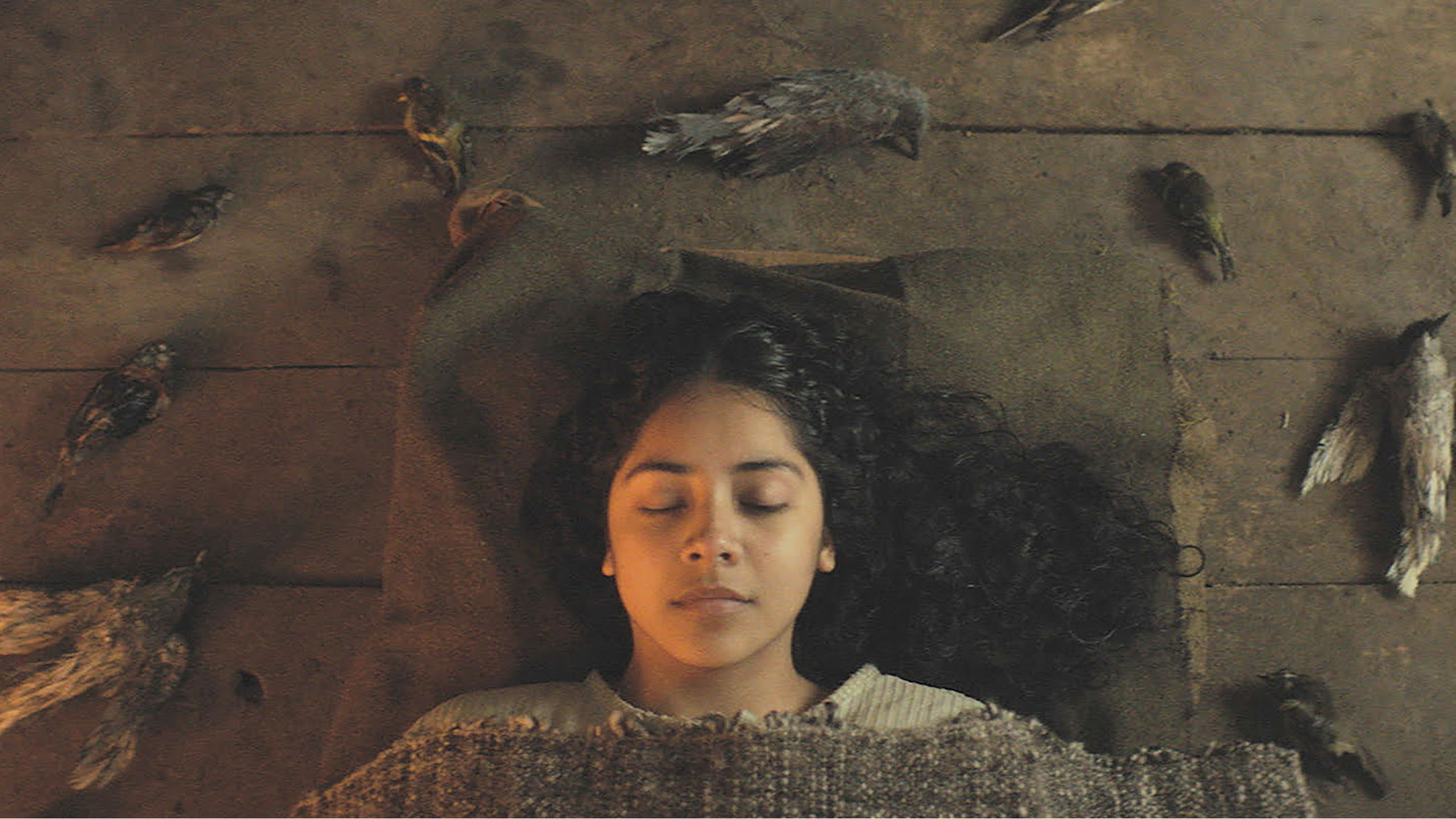Christopher Murray’s Sorcery asks timeless questions about the meaning of justice in a world where the oppressed are tried in courts set up by their oppressors. Set in late-19th-century Chile, specifically the island of Chiloé, it follows Rosa (Valentina Véliz Caileo), a Huilliche 13-year-old seeking to avenge the murder of her father at the hands of the German settlers who had once employed them.
The problem: technically it wasn’t the Germans who killed him but the violent dogs they unleashed, and “dogs can’t go to jail,” she is told by the mayor (a chilling Daniel Muñoz) who recommends she give up her mission to find justice.
Fortunately, Rosa learns she doesn’t need to follow the path of human laws to avenge her father when she meets Mateo (Daniel Antivilo), a Huiliche elder who reminds Rosa she has the ancestral power of her people and introduces her to the magic of the land where her people arrived thousands of years before the Spanish, and other European conquerors, committed genocide in the name of the God she was taught to pray to. The same God who, according to her former employer, now disowns her late father, who “wasn’t a Christian.”
Rosa’s journey is a twofold challenge: she must unlearn the ways of the white people who baptized her and abandoned her at the first reminder she wasn’t like them, that she was the other. “Your father died because he was Huiliche” she is told, as she learns about the grotesque colorist hierarchy that rules the island––first come the settlers, then the Chileans (i.e. mestizos), then the Huiliche.
The young girl must also learn about her origins and how she comes from a culture deeply connected to nature and the ocean. Whenever she wants to speak to her late father she should direct her prayers to the ocean, for Huiliche go there, and not to heaven after their death. She must learn that the witchcraft so feared by the settlers is nothing other than a straight connection to their surroundings. They can become invisible because they know all the paths in the forest, rather than possess the power to become translucent, and their ability to transform into animals might be nothing other than their deep love for the creatures with which they share the land. They don’t transform into animals; instead, they respect them enough that they have earned their respect back.
Murray and co-writer Pablo Paredes infuse Sorcery with a treasure trove of cultural tidbits that seem to be in awe of the Huiliche without turning condescending or exploitative. Few films in recent memory have paid tribute to indigenous populations without turning them into tourism experiences. (Pay attention, James Cameron!)
Shot in chilling gray and blue hues by cinematographer María Secco, Sorcery creates the perfect mood for the spiritual and physical worlds to intertwine. If the film at times feels like it could have done with more wrath coming from its protagonist, it balances this by reminding us that Rosa seeks revenge while dealing with shock. That the young Véliz Caileo is able to convey such an ample range of emotions is testimony to her expert character work––if Rosa can’t help but be constantly struck by new trauma, the movie doesn’t emotionally exploit her or turn her into a soulless character.
Perhaps its greatest achievement––which it delivers matter-of-fact, without any irony or winks––is that by the end it has turned the world it depicts on its head. Sorcery, it tells us, can only exist in the minds and souls of those who have strayed the furthest from their divine purpose, those who have recurred to their most primal urges to destroy others and, out of guilt, have come up with invisible systems of punishment in order to seek a form of absolution. Stating who fits that description more is, of course, absolutely redundant.
Sorcery premiered at Sundance 2023.

